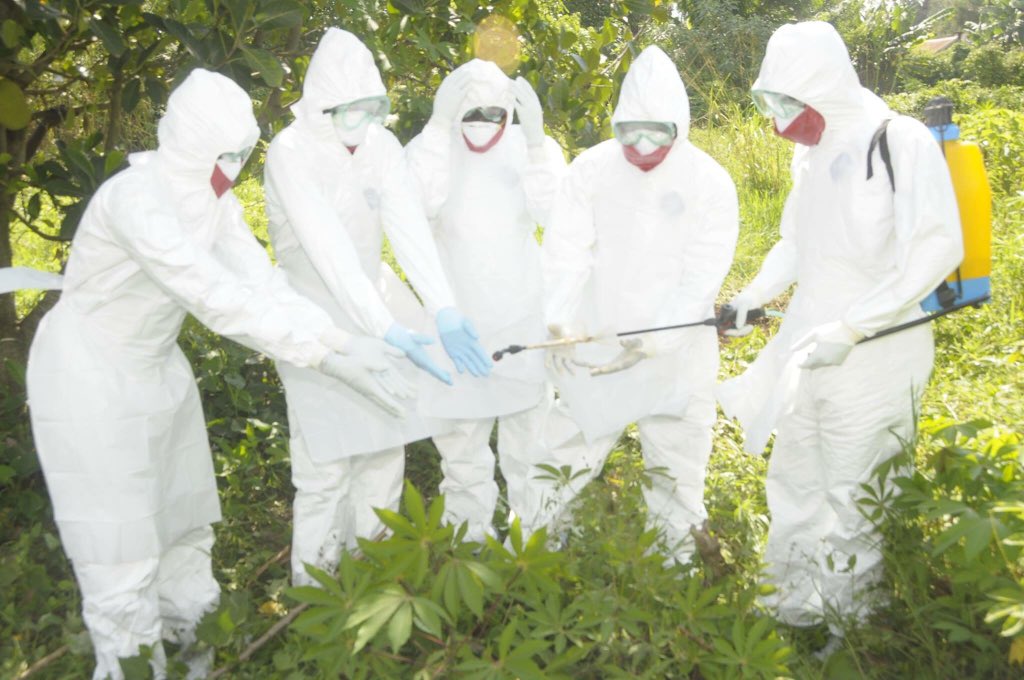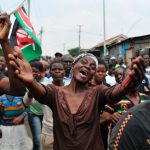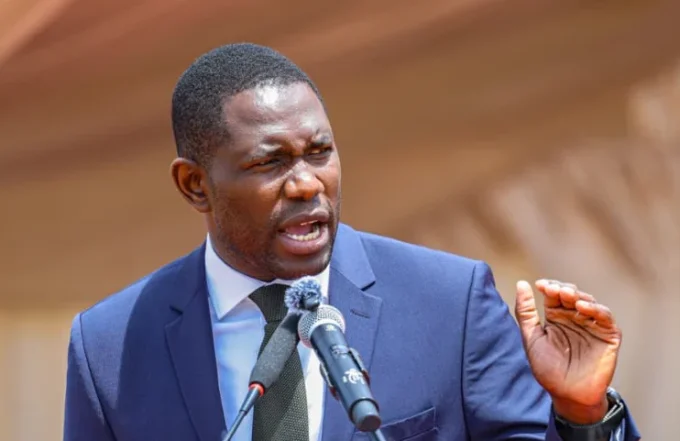The World Health Organisation (WHO) is helping the Kenyan Ministry of Health guard against the spread of Marburg Virus Disease from neighbouring Uganda.
Health authorities are strengthening preparedness measures in Trans Nzoia and West Pokot counties along the border with Uganda, where an outbreak was officially declared on October 19.
Although no MVD cases have been confirmed in Kenya, the Ministry of Health has set up a national task force to coordinate all rapid response activities, including WHO, the Kenya Red Cross Society, the the US Centers for Disease Control and Prevention (CDC), Médecins Sans Frontières (MSF) and the United Nations Children’s Emergency Fund (UNICEF). Several joint teams have been deployed to conduct risk assessments and initiate contact tracing and surveillance in Trans Nzoia and West Pokot.
WHO is supporting enhanced surveillance and lab testing, an active search for potential cases and their contacts, community engagement, and isolation and treatment units.
“We can save lives if sick people are identified early. Together with the Ministry of Health, we are actively looking for suspected cases and following up on their contacts,” said Dr Rudi Eggers, WHO Representative in Kenya. “WHO staff in both Uganda and Kenya are coordinating cross border response activities including surveillance, contact tracing and active case search. This is key to breaking the chain of transmission and containing the outbreak.”
READ: Former TV anchor rallies female fans for her new show
A 73-year-old traditional healer in Trans Nzoia County tested negative for the virus on November 1, after samples were transported to the Kenya Medical Research Institute (KEMRI) in Nairobi. She had come into contact with a Ugandan national with confirmed MVD who sought her out for treatment with herbal remedies.
WHO is working with the Kenyan Ministry of Health to prepare local hospitals for possible cases, ensure the safe and timely transport of lab samples, provide information to local communities, and enhance preparedness measures and cross-border coordination.
WHO has delivered 300 kits of personal protective equipment; with an additional 2,000 PPE kits on the way.
Credit: reliefweb.int.













Leave a comment